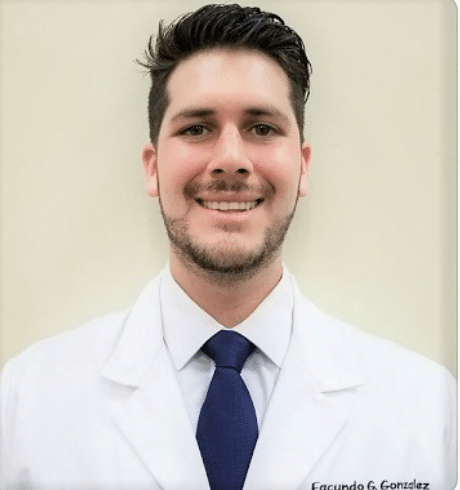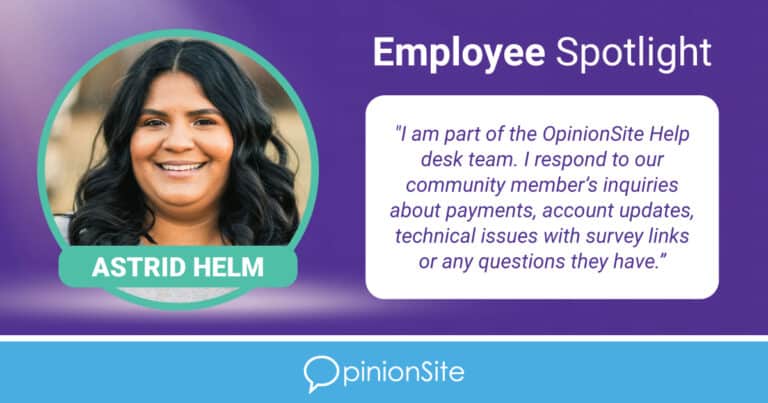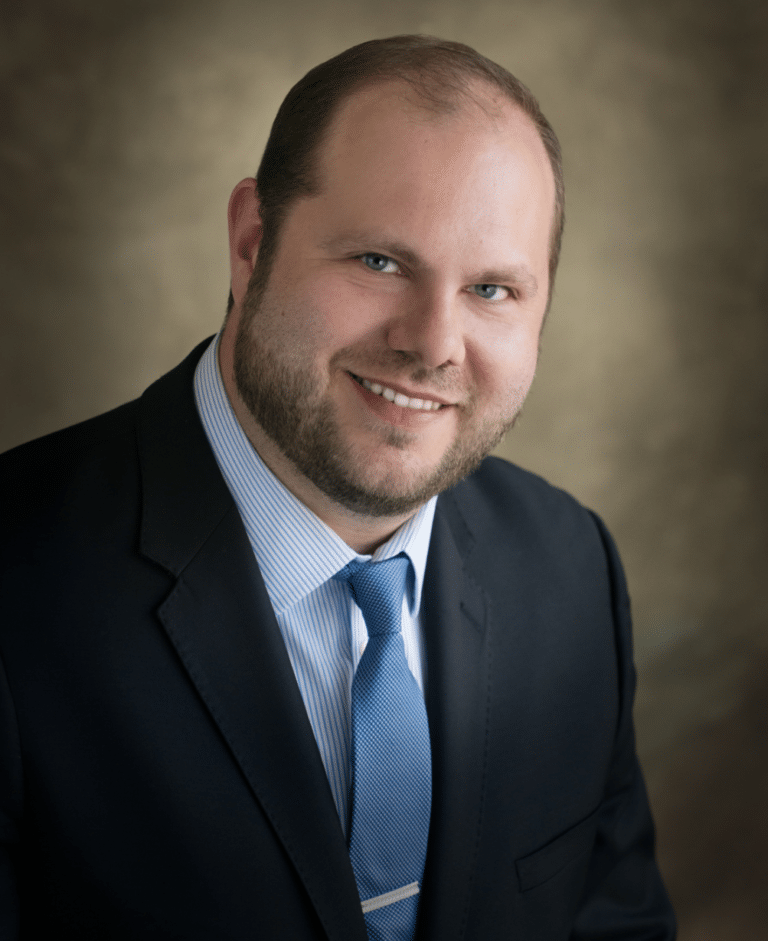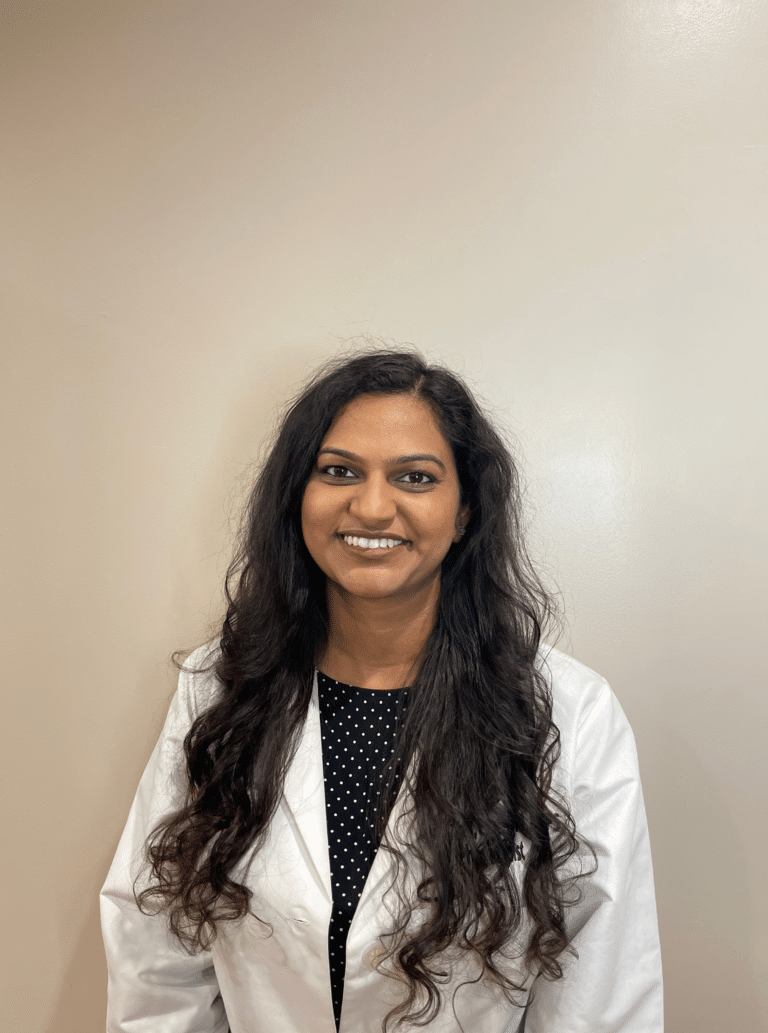Studies show that patients prefer doctors who share their same race/ethnicity. Furthermore, patients who trust their doctors are more likely to follow instructions and keep follow-up appointments. Research has shown that Latinos average fewer physician visits per year than other ethnic groups. To complicate things further, in 2019 only 3.8% of doctors identified as Hispanic, Latino, or of Spanish origin.
You may be wondering, why is this happening? Although I do not know the complete answer to this question, I can only speak about my own experience. Below, I share a small segment of my story which may shed some light upon the health care gap in our society.
I was 12 years old when I came to the United States from Argentina and was emphatically told that this move afforded me the best opportunity to build a future. My parents, brothers, and I moved to a low-income urban area where Hispanics were a minority. My school served a low socioeconomic population where 92% of students received free or reduced lunches, gang fights occurred regularly, and getting robbed wasn’t uncommon. My parents worked multiple minimum-wage jobs during this time.
At the time, success was a foreign concept to me. My first years in the U.S. were difficult; I had to learn a new language and was placed in a school with a violent reputation. The two things that got me through those first few years were a positive attitude and an inherent desire to make the best decisions for my future at all times. By the time I was 16 my older brother had left the house and my parents were separated, compelling me to start working at McDonalds to help support my family. This is when I learned the meaning of how a “little” can truly mean a lot!
For the next few years, I was forced to move three times between Massachusetts and Florida dictated by my mother’s relationship and our financial situation. My education suffered, as I had to work to support my family, as well as transition into several new schools. These experiences pushed me to work hard and succeed as a way of thanking my mother for her sacrifices.
Unfortunately, my story is not unique; however I hope that through my story you were able to see why coming from a disadvantaged background may inhibit one’s ability and opportunity to achieve higher levels of education. It is imperative that we become aware of these barriers and increase representation of this ethnic group at a professional level. Let those that come after us see that it is possible and what the possibilities are.
I for one would have benefitted from a program that engaged students at an early age. Since my parents did not attend college, were it not for my high school advisor, I would have never gone to college. As far-fetched as it may sound, I was not familiar with the concept of college. On the other side of the spectrum, a significant proportion of medical students have parents or family members in the medical field or who hold professional degrees who are able to assist, facilitate, and support the pursuit of higher education and advanced degrees. Furthermore they go as far as travelling to visit different universities.
Randy Pausch once said, “In life we can’t change the cards we are dealt, but we can change the way we play them.” I have learned that regardless of where you come from, through wise choices and hard work you can create your own opportunities. Although I was disadvantaged, I learned to make the best of what I had. In order for someone to pursue this path however, they first need to be aware that it exists and that it is achievable for someone that looks like them, talks like them, and that shares their same customs and experiences.
Facundo Gonzalez, MD
Emergency Medicine




